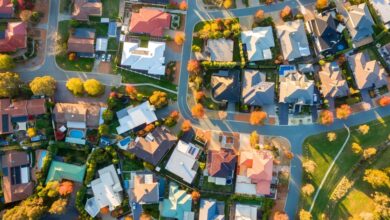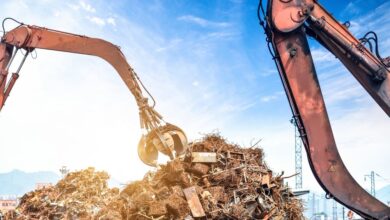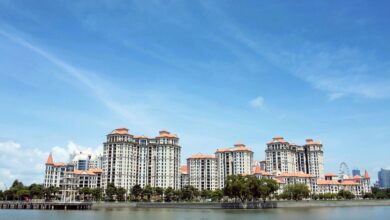Is It the Right Time to Invest in Singapore Real Estate?
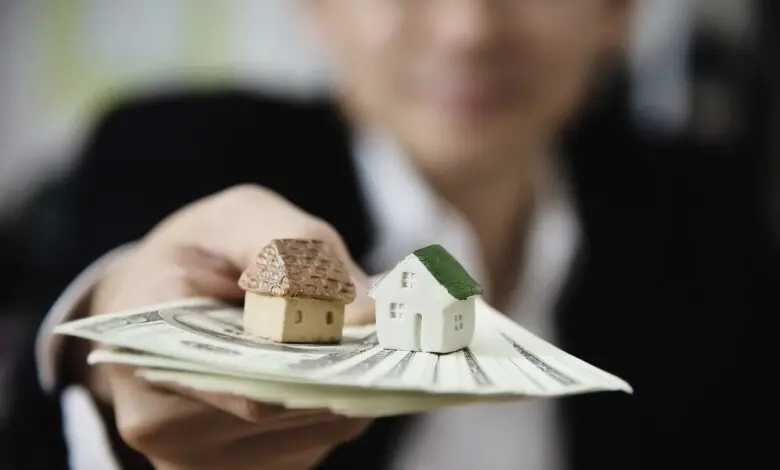
Singapore’s real estate market has always commanded attention. With its limited land, stable governance, and economic strength, it’s a magnet for both local and foreign investors.
But in 2025, the question isn’t just about how solid the fundamentals are—it’s whether right now is a smart entry point.
Key Highlights
- Singapore real estate remains one of the most stable investment classes in Asia.
- Demand for residential property has cooled slightly but remains strong in core areas.
- Government policies are actively managing overheating risks.
- New developments with sustainable features attract long-term value.
- Foreign investor interest is still high despite higher ABSD rates.
- Experts recommend evaluating developer reputation before committing.
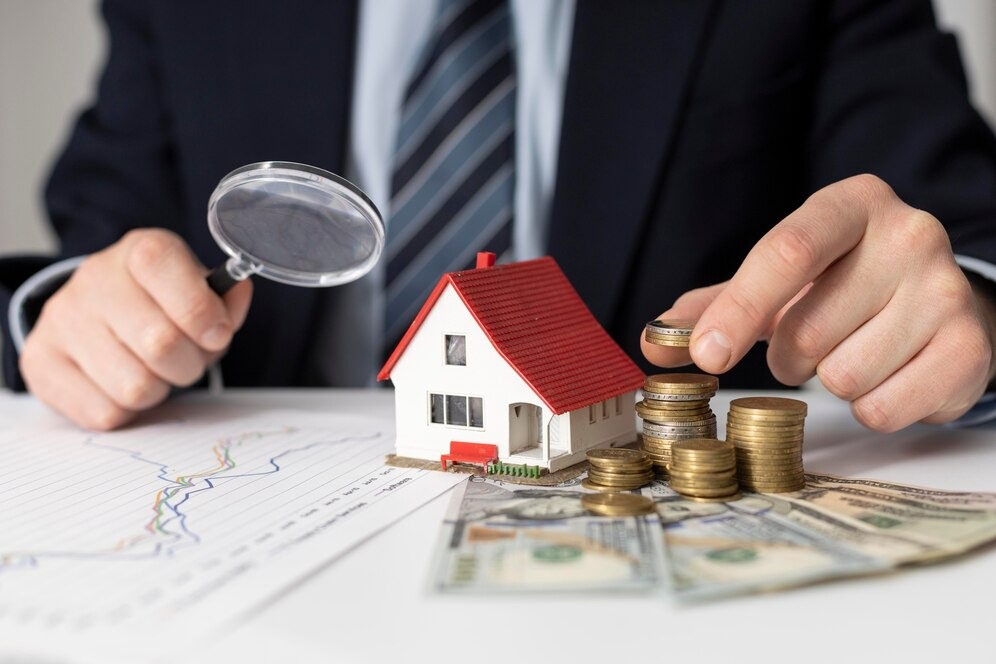
Market Conditions in 2025: What Has Changed?
The real estate market in Singapore has gone through some recalibration. 2023 and 2024 saw intense activity due to pent-up demand post-COVID.
The government responded with cooling measures, notably the rise in Additional Buyer’s Stamp Duty (ABSD) for foreigners. This move slowed foreign transactions but did not crash the market.
Despite tighter regulations, demand remains stable for well-located, high-quality projects. Singapore’s housing shortage hasn’t gone away. Land is still scarce.
This gives real estate prices a natural floor. So, if you’re watching prices in hopes of a major dip, that’s unlikely. Instead, it’s about finding the right projects and the right timing within cycles.
Developer Reputation Matters
If you want to invest in a property that will retain value, developer credibility is critical. Projects by reliable developers often command better resale prices and lower vacancy rates.
Take Lyndenwoods as an example. Backed by CapitaLand, one of Asia’s most established real estate companies, the development reflects what modern investors look for—eco-conscious design, smart technology integration, and future-ready infrastructure.
CapitaLand’s track record includes city-defining landmarks like One Pearl Bank and Raffles City, which makes Lyndenwoods a solid option for those prioritizing long-term value.
Experienced investors know one thing: a property isn’t just about its location—it’s also about the hands that built it.
What Are Buyers Really Paying For?
Let’s break it down. You’re not just paying for square footage. You’re investing in:
- Infrastructure accessibility
- Proximity to reputable schools and medical facilities
- Access to MRT lines and business districts
- Smart home tech and green features
- Resale desirability
High-end condos in areas like Bukit Timah, Newton, and Orchard still attract steady demand. Family buyers seek space and lifestyle convenience, while foreign investors chase stability and strong rental returns.
Properties in emerging areas with MRT connectivity and new business hubs are also gaining traction. Think Jurong and Punggol.
The government’s ongoing urban transformation plans keep reshaping these zones into liveable, vibrant communities.
Pricing Trends and Rental Yields
Residential prices in Singapore rose nearly 9% year-on-year from Q1 2023 to Q1 2024. However, momentum has since slowed. According to URA statistics, price growth flattened by late 2024, and early 2025 data shows modest gains in key districts but some softening in fringe areas.
Rental yields, on the other hand, are improving. Tight rental supply has boosted demand, especially in the central region.
Yields in District 9 and 10 have reached 3.5% to 4.1%, which is rare for prime locations. This gives investors a stronger incentive to hold, especially with rising mortgage rates making capital appreciation slower in the short term.
Here is a horizontal graph showing the progression of residential price growth and rental yields in Singapore from Q1 2023 to early 2025.
Now let’s check rental yields and price growth by district in 2025.
The graph shows a side-by-side view of rental yields and price growth across selected districts in Singapore. Districts 9 and 10 represent prime central areas, while “City Fringe” and “Suburbs” reflect outer regions where demand patterns are different.
This comparison helps investors see where returns remain strong and where pricing momentum is slowing.
Sustainable Features Are No Longer Optional
Investors used to view sustainability as a bonus. Now it’s an expectation. Buyers look for energy-efficient systems, solar-ready rooftops, and smart building management tools.
Properties that fail to adapt face slower sales, higher vacancies, and regulatory hurdles down the line.
Developers like CDL and Mitsui Fudosan understand this shift. Their collaboration on Grand Zyon is proof of that. CDL is already known for its green commitment, while Mitsui Fudosan brings in years of architectural innovation from Japan.
Grand Zyon showcases design excellence, but also sustainable value that aligns with Singapore’s green building vision.
More than just marketing, sustainability is a pricing factor. Eco-certified properties tend to attract a premium—both in resale and in rental.
Who’s Buying in 2025?
Local buyers still dominate. HDB upgraders and families looking for private condos make up the bulk of the market.
But despite the hefty ABSD hikes, foreign investors remain present. Chinese, Indian, and Indonesian buyers in particular view Singapore as a secure asset zone.
Private wealth funds, family offices, and high-net-worth individuals are also shifting more capital into Singapore real estate, especially in light of global uncertainty.
Political stability, transparent legal systems, and long-term policy planning all contribute to investor confidence.
For overseas buyers, the ABSD is a deterrent, but not a deal-breaker. High-quality freehold and leasehold projects with growth potential still receive inquiries.
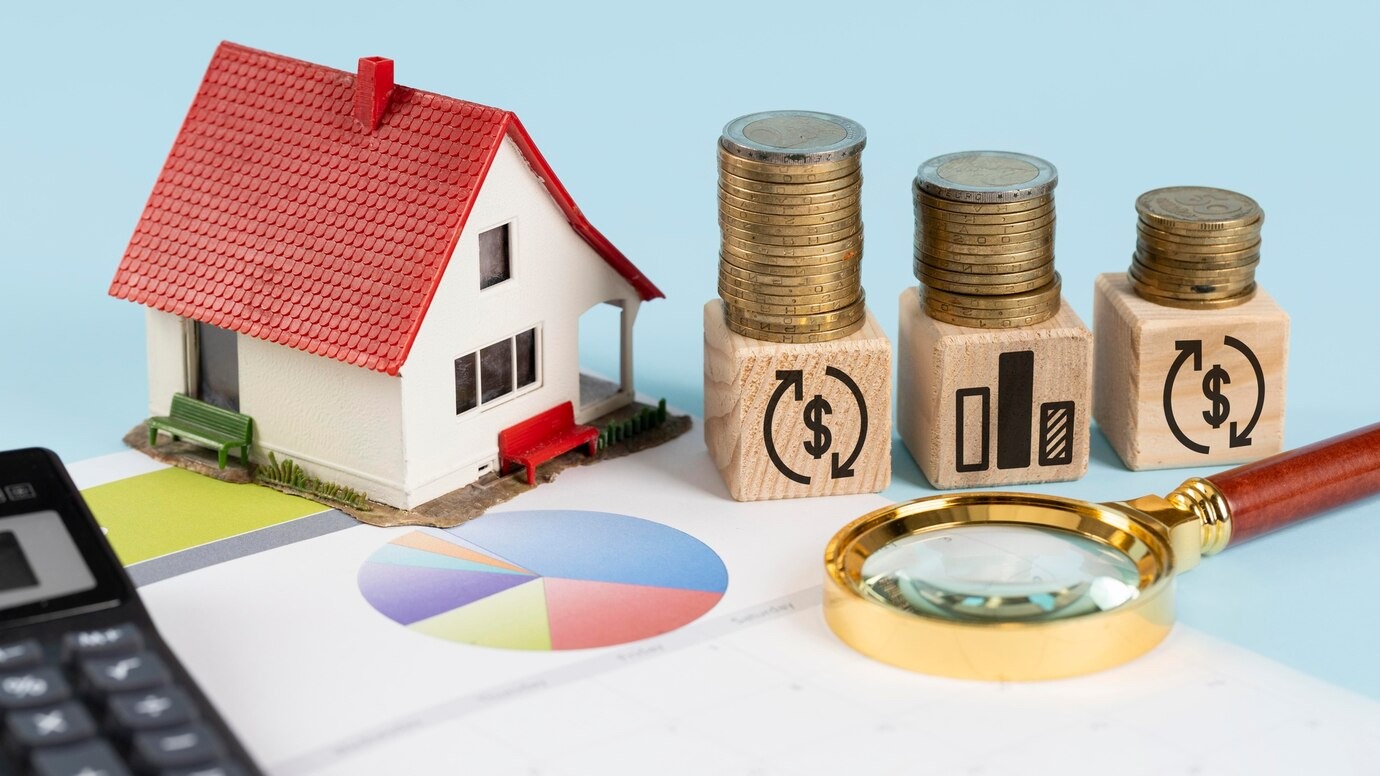
Is Now the Time to Buy?
The answer depends on your goal.
- If you’re after short-term capital gains, the window may have passed—price increases have already slowed.
- If you’re a long-term investor seeking stability and modest rental income, Singapore remains a top choice.
- If you’re a family looking to secure a home in a safe, modern, and connected city, then yes—now is a good time to explore available units before prices rebound.
The best approach is strategic entry. Look at units below market valuation, consider upcoming MRT expansions, and review projects with solid developer backgrounds.
Conclusion: Smart Moves Now Will Pay Off Later
Singapore’s real estate market hasn’t lost its appeal. It has matured. You won’t see explosive growth like in past decades. But the stability, transparency, and consistent demand still make it one of Asia’s most attractive real estate environments.
The key is to focus on fundamentals:
- Choose locations with planned urban upgrades.
- Evaluate projects by developers with proven records.
- Pay attention to rental trends and sustainability features.
- Always factor in regulatory changes and financing costs.
Whether you’re a local buyer or a foreign investor, the right project, bought at the right time, can deliver long-term rewards. The current market might not be “cheap,” but value remains—if you know where to look.
